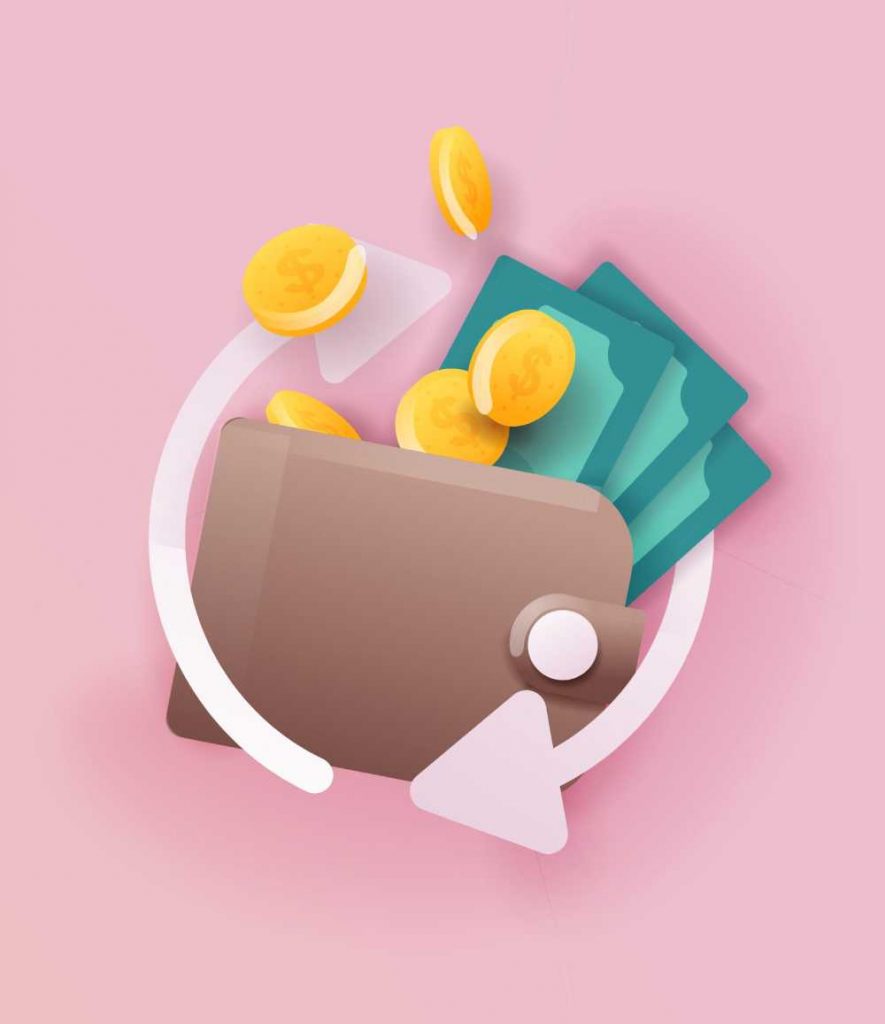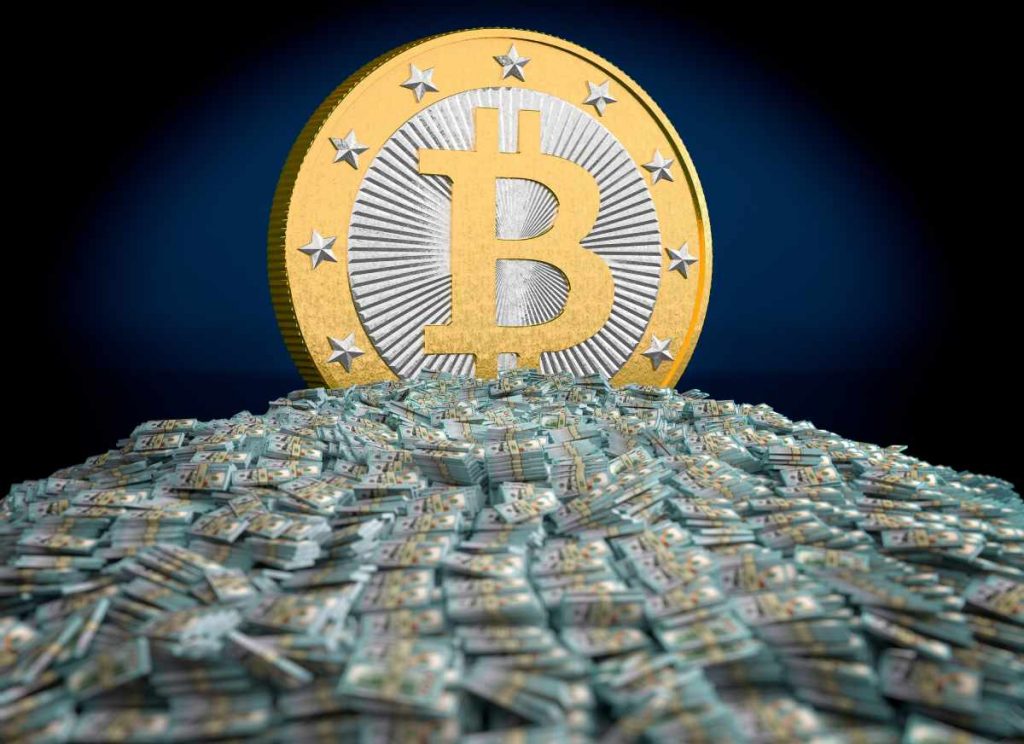Chargeback
If you’ve noticed unauthorised charges on your debit or credit card, the first thing you may do is to call the card company and ask for a chargeback. This simply means that the charges are reversed and it’s as if the transaction never took place.
If you’ve gotten a credit or debit card chargeback in this situation, a chargeback may seem simple enough. However, in cases that involved authorised charges, the chargeback process is more complex.
That’s why it’s best not to go it alone with the chargeback process. Contact FundRecovery professionals to assist you and improve your chances of fund recovery with credit card chargebacks.
What Is a Chargeback?
If you’ve never noticed an unusual charge on your credit card statement, you may ask “What is a chargeback?” It’s a reversal of funds to the sender if the bank that issued the card decides that this refund is appropriate.
If the cardholder can prove that the charges were unauthorized, that chargeback process can be straightforward. An issuing bank is usually willing to return funds if the customer can prove fraud. However, “fraud” according to chargeback meaning is quite different from the way we use the term “fraud” in everyday speech.
We may think of a fake broker or a crypto scam as a fraud. They deceive people into handing over money and they don’t provide the promised services. However, according to chargeback meaning, this isn’t a fraud. When making a claim, the customer has to file this in the category of a dispute rather than a fraud.
To issuing banks, fraud only applies to an unauthorized transaction. It isn’t considered relevant in the case of a customer who is deceived into making a transaction. This common misunderstanding can lead to a chargeback claim being shelved. If a customer files what the issuing bank considers a dispute as fraud, it may get tossed out. That’s why it’s important to file a chargeback claim correctly the first time around.

A return item chargeback, as it implies, is a chargeback claim that the customer returned an item they weren’t satisfied with and yet they didn’t get a refund from the merchant. A merchant can justify not giving a refund if the customer doesn’t show evidence that an item was damaged or not what they ordered. However, if they sent the item back and still don’t receive a refund, they have a right to a return item chargeback.
A credit card chargeback is one of the most common types of fund recovery. The frequency of credit card fraud means that we are likely to notice unauthorised charges and ask for a chargeback from the card’s issuing bank.
A credit card chargeback begins with a customer claim. As stated above, the claim process is quite different whether the claim is a fraud or a dispute. If the customer is alleging fraud, they have to prove that the charges were unauthorised. If the charges were authorised, they make a case justifying their reasons for making a chargeback claim.
The merchant can then make their case, presumably, why their charges shouldn’t be reversed. The issuing bank then decides whether to grant the chargeback or not. To bolster your chargeback claim, it’s a great idea to work with FundRecovery-AU who can help recover your funds.
What Is Chargeback Fraud?
One of the biggest obstacles to chargeback success isn’t just the merchant and broker scams, but believe it or not, other customers. Why? The problem of chargeback fraud is one of a merchant’s strongest arguments against giving a chargeback.
Chargeback fraud is perpetrated by customers, not the merchants. A customer will buy an item, have no intention of returning it, and still file a chargeback claim that they should get their money back. They will claim that they didn’t get the product they wanted, but they won’t return it.
Issuing banks have gotten more cautious about issuing chargebacks, given the growing issue of chargeback fraud. That’s one more reason it’s a good idea to work with fund recovery experts when making your chargeback claim.
The Paypal chargeback works in a similar way to credit card chargeback. Instead of making your case to an issuing bank, Paypal will decide cases of merchant disputes and can return your funds if your account was hacked.
As is the case with credit card chargebacks, Paypal chargebacks can be more successful if you have assistance presenting evidence to strengthen your claim to a chargeback.
Venmo and Zelle are convenient payment platforms. We may like to use them because transfers are made instantly. This can prove difficult in fund recovery cases. Because the money goes to the recipient right away, it can be hard to get the money back in cases of merchant and broker scams.
Usually, Venmo and Zelle don’t offer chargebacks, which has led to an increase in fraud on the platform. However, for customers who make Venmo and Zelle transactions using a credit or a debit card, it’s possible to get a chargeback through the issuing bank rather than from the payment platforms directly.

Can I Get a Bitcoin Chargeback?
Are bitcoin chargebacks possible? The correct answer is both “yes” and “no.” According to the strictest chargeback meaning, the answer is “no” because charges can’t be reversed on blockchain transactions. However, crypto recovery is indeed possible. It is more complex and involved than credit card chargebacks, but FundRecovery-AU has been involved in many successful crypto recovery cases.
Since the blockchain is anonymous, crypto trace technology and techniques are used to search for patterns on the blockchain and uncover the identities behind bitcoin wallets. Crypto investigation requires experts in the field, and FundRecovery-AU has the professionals and the technology to track down the most elusive crypto scams.
Are You Looking for Crypto Trace Experts Who Can Find Your Stolen Funds? FundRecovery AU Will Help!
FundRecovery AU is comprised of crypto trace experts with specialised technology and methods designed to uncover information about crypto transactions. We consult with clients, launch a cryptocurrency investigation and create investigation reports that can help you succeed in your crypto case.

